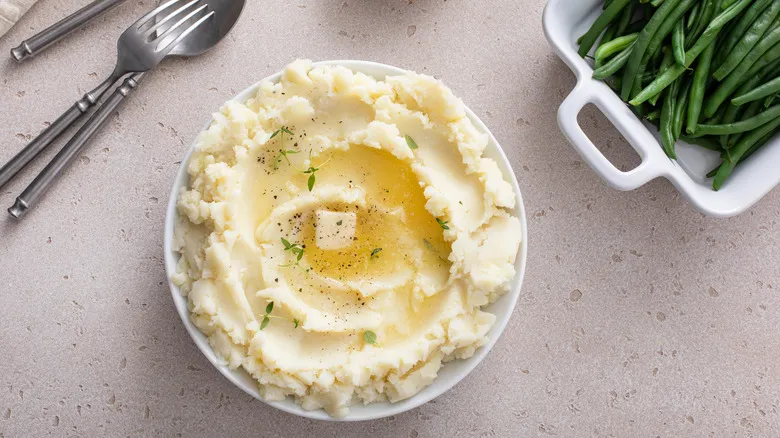The best tool to buy for perfect mashed potatoes
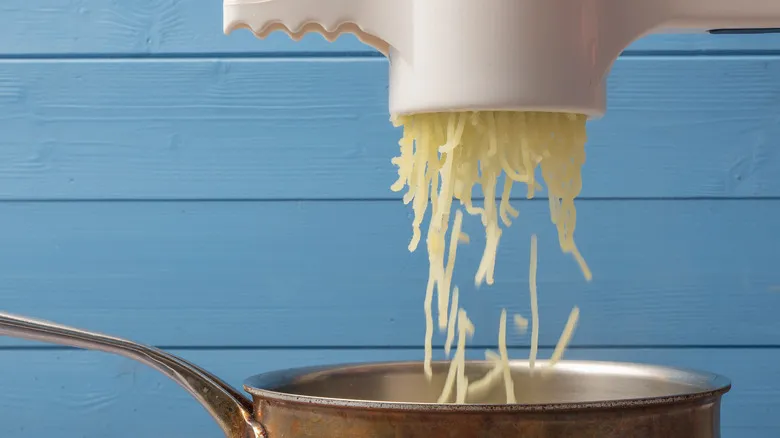
You might already have a potato masher or a fine mesh sieve in your kitchen, but we want to emphasize that investing in a potato ricer is a smart choice. This handy tool is simple to operate and produces beautifully fluffy mashed potatoes. Since you won’t be exerting much effort to push the potatoes through, they’ll keep all their delightful starches and robust potato flavor. Additionally, with a low-effort tool like PriorityChef's heavy-duty potato ricer, you can whip up a generous batch of mashed potatoes without needing a break.
As you strive to avoid gluey mashed potatoes, it’s crucial to consider an often-overlooked aspect of this starchy dish: water is your foe. Many recipes suggest boiling potato chunks until they’re fork-tender and then draining them. However, we recommend using a slotted spoon to lift them out, allowing you to shake off excess water without losing those vital starches down the drain.
Some chefs advocate for skipping the water entirely by baking your potatoes instead of boiling them. You can roast them until tender, then cut them almost in half and flip them over so the skin is facing up on a baking sheet. From there, use a potato masher or burger press to break the potatoes into smaller pieces and easily peel off the skins. After that, you’re all set to push them through a ricer and continue with your favorite creamy, tangy mashed potato recipe.
Recommended
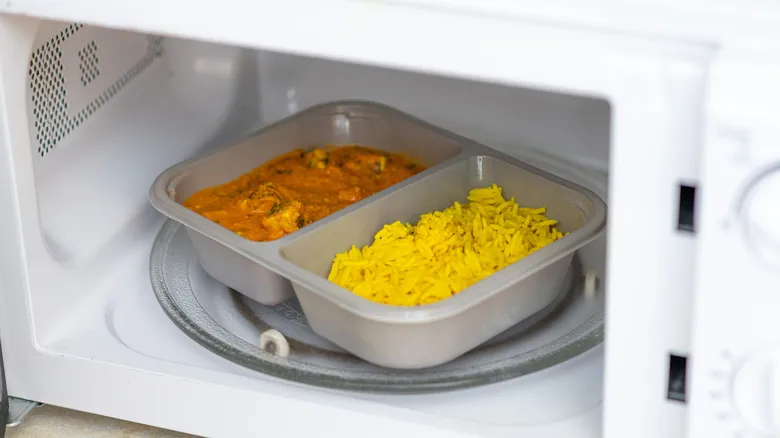
Why Letting Frozen Food Stand After Microwaving Is The Key To Better Results
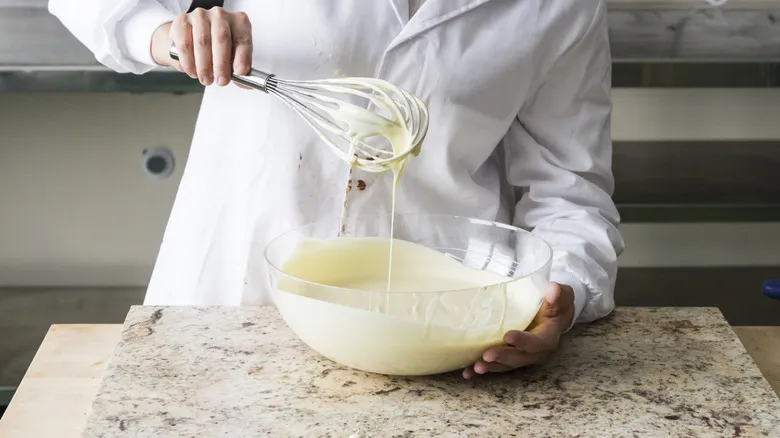
How To Melt Almond Bark In The Microwave Without Burning It

The Best Board For Charcuterie According To A Pro
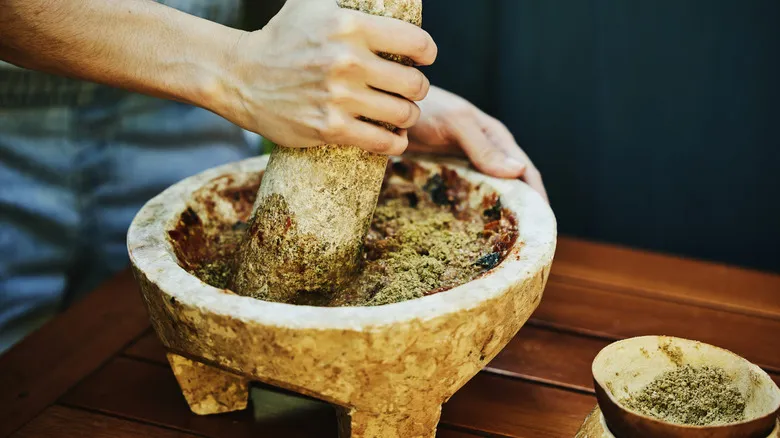
Is A Molcajete The Same As A Mortar And Pestle?
Next up

